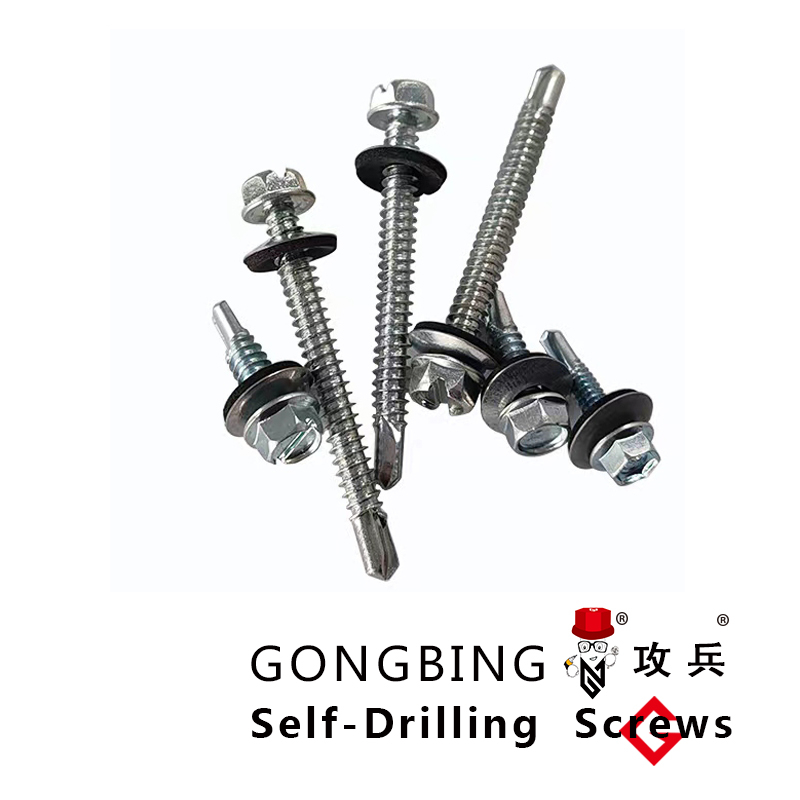what are chemical anchors
Understanding Chemical Anchors Definition, Applications, and Advantages
Introduction
Chemical anchors have revolutionized the construction and engineering industries by providing reliable and durable solutions for fastening applications. These anchors are a type of adhesive anchoring system that secures structural elements like bolts and rebar to various substrates, such as concrete, masonry, and stone. In this article, we'll explore what chemical anchors are, their key applications, and the advantages they offer in construction and engineering projects.
What Are Chemical Anchors?
Chemical anchors, also known as chemical bonding systems, consist of a two-part adhesive compound typically composed of a resin and a hardener. When these components are mixed together, they form a strong bond that can securely anchor objects into substrates. Unlike traditional mechanical anchors, which rely on physical expansion within a substrate, chemical anchors provide a bond that is chemical in nature, resulting in enhanced load-bearing capacity.
These anchors are available in various formulations, including epoxy, polyester, and vinylester, each designed for specific applications and environmental conditions. The choice of chemical anchor depends on factors such as the type of base material, load requirements, and any exposure to harsh conditions like moisture or chemicals.
Applications of Chemical Anchors
Chemical anchors are versatile and suitable for a wide array of applications in construction and engineering. Some common uses include
1. Structural Fixings Chemical anchors are extensively used to secure structural elements, such as columns, beams, and walls. They provide a robust and stable connection, particularly in environments subject to heavy loads or vibrations.
2. Post-Installed Rebar In concrete repairs and retrofitting, chemical anchors make it possible to install rebar into existing concrete structures. This is essential for strengthening and improving the structural integrity of buildings.
3. Anchoring Equipment and Machinery Chemical anchors are ideal for fastening heavy equipment and machinery to floors or foundations. They can support substantial weight without the risk of pull-out or failure, making them perfect for industrial applications.
what are chemical anchors

4. Bolt Fixings For applications that require bolted connections, chemical anchors provide an excellent solution. They allow for easy installation and can be adjusted as needed, which is especially beneficial in construction projects.
5. Facade Mounting Chemical anchors are used to secure facades, cladding, and signage to building surfaces. Their aesthetic advantage lies in providing a clean look without visible anchors, enhancing the overall design of the structure.
Advantages of Chemical Anchors
The adoption of chemical anchors in construction offers several benefits
1. High Load Capacity Chemical anchors deliver superior load-bearing capabilities compared to traditional mechanical anchors. They can withstand significant tensile and shear forces, making them suitable for demanding applications.
2. Resistance to Environmental Factors Many chemical anchors are formulated to resist moisture, corrosion, and chemical exposure. This durability ensures a long-lasting bond, even in challenging environments.
3. Versatility With a range of formulations available, chemical anchors can be tailored to meet the specific requirements of different applications, providing an unmatched level of versatility.
4. Reduced Risk of Installation Failures The use of chemical anchors minimizes the risk of installation errors, such as drilling into voids or achieving poor concrete quality. The bonding process fills gaps and adheres well, leading to a stronger overall installation.
5. Professional Aesthetic The discreet nature of chemical anchors enhances the visual appeal of a structure, as they can be hidden within the substrate. This characteristic is especially desirable for architectural projects.
Conclusion
In conclusion, chemical anchors are an essential component in modern construction and engineering. Their ability to provide strong, reliable, and long-lasting fastening solutions makes them a preferred choice for both structural and non-structural applications. As the industry continues to evolve, the innovation in chemical anchor technology will undoubtedly open new possibilities, further enhancing the safety and durability of our built environment. Whether you are a contractor, engineer, or architect, understanding the principles and applications of chemical anchors is invaluable for achieving successful project outcomes.
-
Wedge Anchor Bolts: Secure Fastening SolutionsАхборAug.05,2025
-
Insulation Fixings: Secure and Durable SolutionsАхборAug.05,2025
-
Full Threaded Studs: Versatile Fastening SolutionsАхборAug.05,2025
-
Expanding Fasteners: Secure and Reliable SolutionsАхборAug.05,2025
-
Butterfly Toggle Anchors: Secure and Easy to UseАхборAug.05,2025
-
Bracing Solutions for Steel StructuresАхборAug.05,2025
